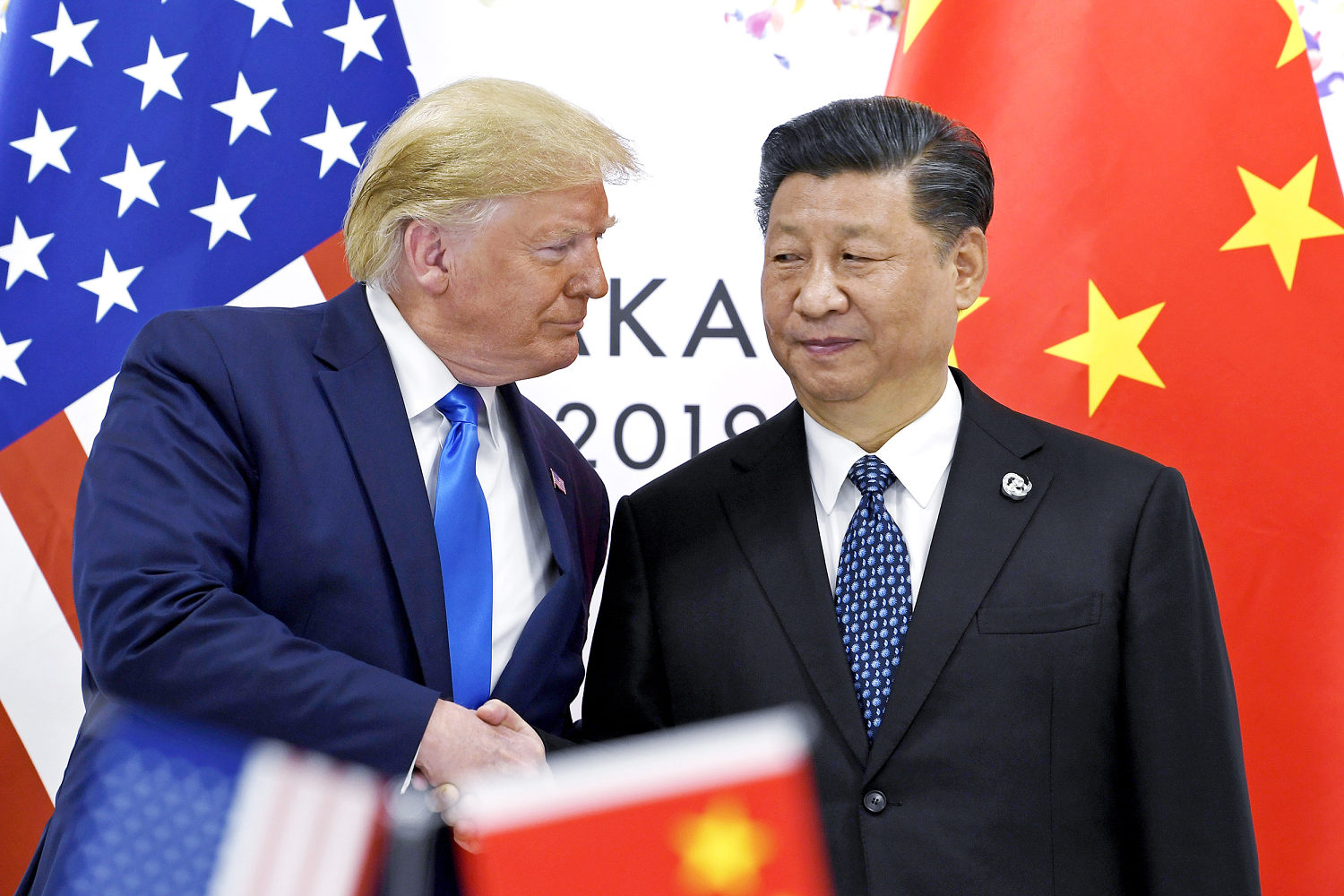
Two weeks ago, amid global economic turmoil that he’d created, Donald Trump backed down on trade tariffs, pausing much (but not all) of his failing policy. There was, however, a nagging detail that initially went overlooked: The president’s “pause” actually resulted in a net increase in U.S. tariff rates.
That happened because the Republican specifically excluded China from his reversal. In fact, he went in the opposite direction, raising tariffs on China, even as he paused tariffs elsewhere, because of “the lack of respect that China has shown to the World’s Markets.”
Two days later, the White House clarified that U.S. duties on Beijing had reached 145% because of earlier fentanyl-related levies. The point, obviously, was to tighten the screws on the U.S. rival.
That was before the latest in a series of hedges. The New York Times reported:
Speaking in the Oval Office, President Trump suggested that his high tariffs against China were ultimately a temporary negotiating tactic to strike a trade deal, rather than a longer-term trade policy.
As part of his unscripted comments, Trump seemed critical of his own tariffs — he described the 145% rate as “very high” — before offering assurances that the tariffs “will come down substantially.” He added that his administration intends to move toward a rate that “won’t be anywhere near that high.”
After trying to play hardball with China, the American president went on to say that he isn’t going to “play hardball” with China.
Right off the bat, it’s worth emphasizing that Trump’s erratic approach to tariffs is a sight to behold. Rep. Jim McGovern recently told his congressional colleagues, “How is any company supposed to forecast for their future, build a plant, hire workers, if they have no idea what the hell this president is gonna do in his next tweet?”
The Massachusetts Democrat added, “I need a neck brace to be able to get through all this.”
Just as notably, it’s hard not to notice just how frequently Trump retreats under pressure, even as he and his team pretend otherwise. “MY POLICIES WILL NEVER CHANGE,” Trump recently wrote online, shortly before his policies started changing.
But all of this is of particular interest as it relates to the administration’s approach to Beijing. In his first term, Trump repeatedly backed down in confrontations with China, on everything from currency manipulation to ZTE to the “One China“ policy.
It reached a point where China’s state-run media, mocking the American president as a paper tiger, ran a headline in 2017 that read, “Trump slaps self in face, again.”
The White House should probably expect similar headlines any day now.
